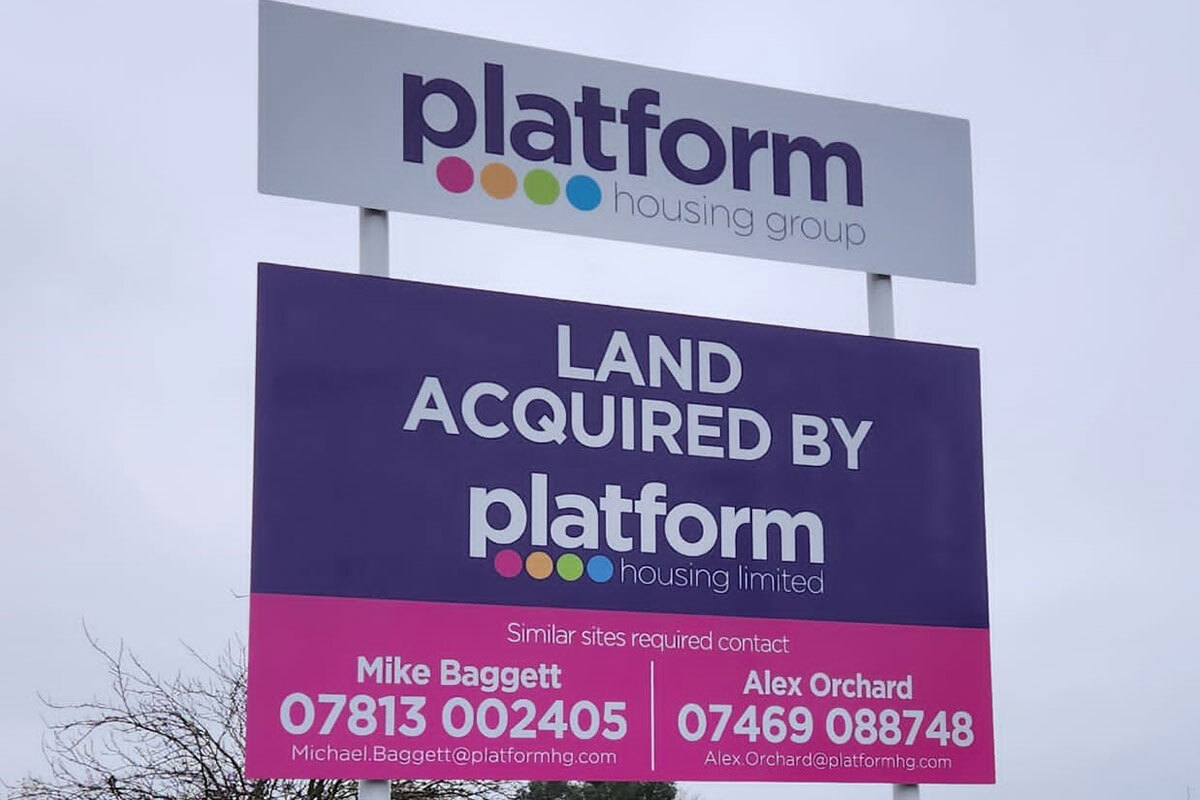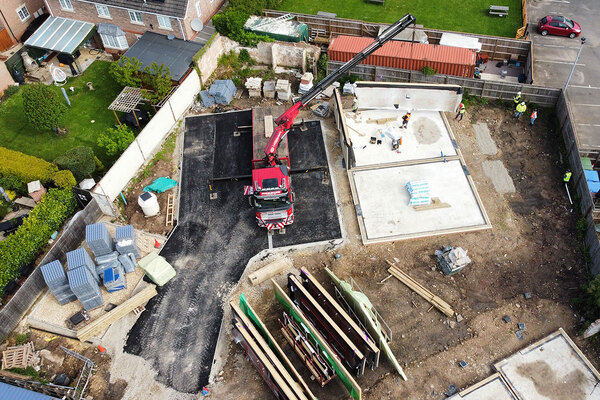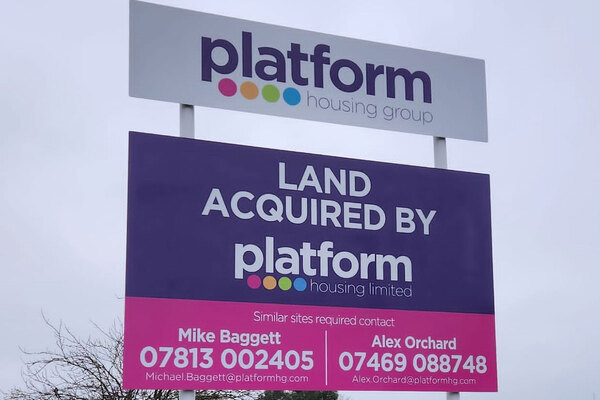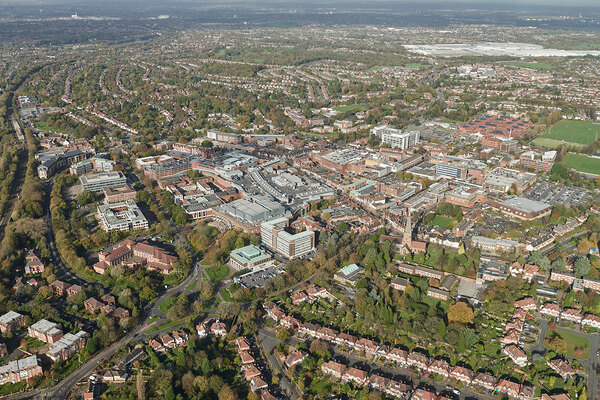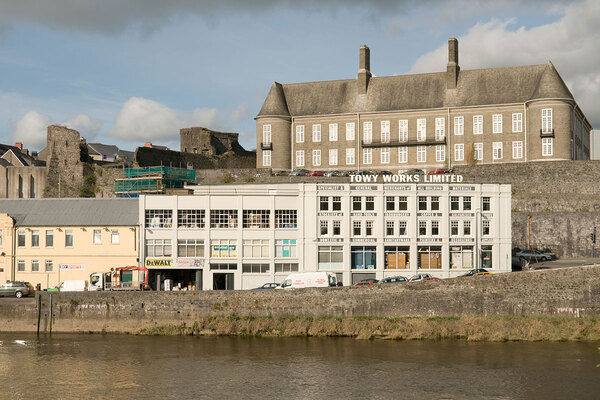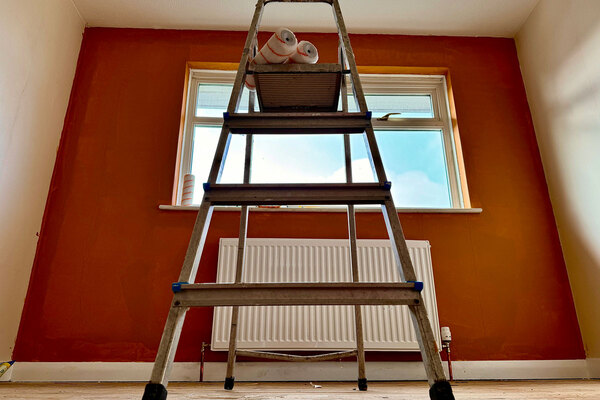You are viewing 1 of your 1 free articles
Surplus at Platform drops by more than £43m due to one-off costs including pension scheme exit
Platform has reported a drop in its net surplus after tax, from £85m to £41.4m in the current financial year.
The Midlands-based housing association revealed there were a number of one-off costs in the year ending on 31 March 2024.
These included an £18m accounting charge for exiting a number of defined benefit pension schemes, loan breakage credits, one-off maintenance backlog costs and changes to accounting provisions.
The 50,000-home landlord said: “In the year, we successfully delivered the next step of our long-term pensions de-risking strategy and closed Platform’s membership of all four Local Government Pension Schemes, transferring a number of colleagues over to our in-house defined contribution pension scheme.”
The charge of £18m is largely balanced against actuarial gains of £15m, which is taken through reserves.
In her foreword to the accounts, Elizabeth Froude, chief executive of Platform, said: “At the start of this year, we undertook a mid-term review of our 2021-26 corporate strategy.
“The outcomes were ones of simplification of priorities and an ongoing commitment to all key delivery areas, and our mission is one of investing for the future of the organisation and our communities.”
Including the maintenance backlog costs, the landlord’s spending on existing homes was up over 60%, to £39.4m. Investment in new homes was up 25%, to £313.2m.
In May, the landlord revealed that it had achieved the highest number of starts it had ever recorded in a single financial year, with starts on 1,534 homes for 2023-24, and 1,202 completions.
These positive development figures come at a difficult time for the sector. It is struggling to sustain development pipelines, as landlords balance other financial commitments and face pressure to improve and maintain existing stock.
Platform reported turnover growth of 12.4% to £337m, with 94% of revenues coming from core social housing activities. Its operating surplus fell from £82.1m to £67.4m.
Turnover from non-social housing activities was up £3.6m to £20.5m, which the landlord put down to an increase in external maintenance services provided to partners of its cost-sharing vehicle.
Turnover from shared ownership first-tranche sales of £40.7m was up on the previous year by more than £7m, due to both higher numbers of sales, which were 23% higher, and higher average prices, which were 15% higher.
The number of unsold shared ownership homes at the end of the year increased to 222, up from 87.
This is because a number of schemes were completed ‘stock plots’ acquired from developers, for which there is no pre-completion marketing time.
Ms Froude added: “Our highest priorities for this year were about investing to support the quality of our homes, their energy standards and the services we deliver to our customers. This has remained our focus throughout the year and the areas of increased expenditure reflect that.
“Our underlying operating margins have declined slightly as a result, but still remains one of the strongest in the sector and directly reflects the priorities agreed.
“We continue to focus on keeping controllable costs as tight as possible, whilst improving our technology base, which can be seen in our sector management cost per unit.”
Platform issued a £250m bond in April to fund the development of new affordable and sustainable homes.
The bond is the landlord’s second sustainability bond from its £1bn Euro Medium-Term Note (EMTN) programme.
Sign up for our development and finance newsletter
Already have an account? Click here to manage your newsletters
